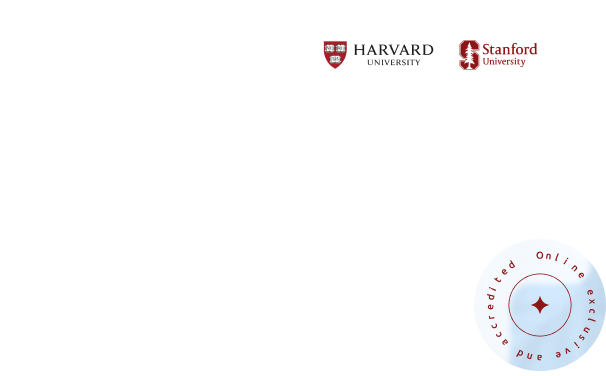A Look into the Stanford-Binet Intelligence Scale
Discover the origins, methodology and enduring impact of this foundational measure of cognitive ability.

Developed by scientists at Stanford University and Harvard University
The Stanford-Binet Intelligence Scale: History & Development
The Stanford-Binet Intelligence Scale is one of the most recognized tools for understanding human intelligence. Originating in the early 1900s through the work of psychologist Alfred Binet, the test was later adapted at Stanford University, giving rise to what is now known as the Stanford-Binet test.
Over the past century, the intelligence scale has continued to evolve through research, data analysis, and advances in cognitive science. Our digital version carries this legacy forward, offering individuals a convenient way to explore their cognitive profile using the same foundational framework.

The Evolution of the Stanford-Binet Test
When Alfred Binet first developed his assessment in France, the goal was to identify children who needed additional educational support. Stanford University researchers later expanded it, introducing new scoring methods and standardizing results across age groups.
Today, the Stanford-Binet test remains a cornerstone in psychology, recognized for measuring reasoning, problem-solving, and memory. Our digital version follows the same research principles modernized for online access and instant reporting.

Methodology and Approach
The Stanford-Binet Intelligence Scale measures intelligence across multiple domains, including fluid reasoning, working memory, and visual-spatial processing. Our online adaptation uses these same dimensions in a simplified format designed for accessibility. While it is not a clinical tool, it draws on validated research data to produce consistent, reliable insights. Questions are adjusted by age group, and scoring is benchmarked against modern norms to maintain accuracy.
Scientific Foundation
Every element of the test is informed by decades of cognitive-psychology research. Our research team continues to analyze aggregated, anonymized data to refine test precision and ensure fair scoring for different demographics. This scientific approach allows our online test to remain aligned with the principles behind the Stanford-Binet Intelligence Scale, providing users with meaningful, research-grounded results.
